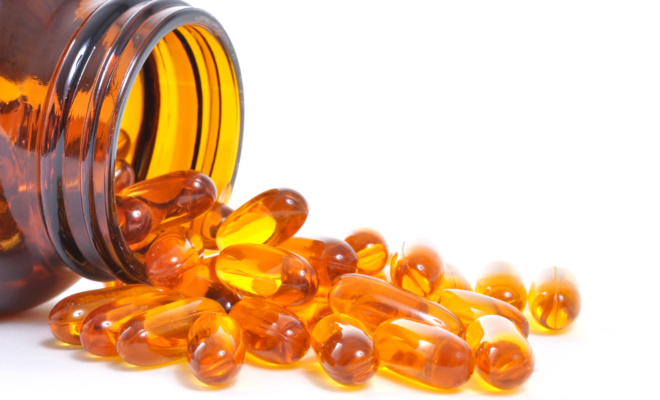
Health & Wellness
CoQ10: Often Overlooked in Cardiovascular Health
by Christopher Davis, MD, FACC
Coenzyme Q10, also known as CoQ10, has become one of the most popular dietary supplements in the United States, yet many medical professionals still overlook its importance in the maintenance of cardiovascular wellness.
What is CoQ10?
CoQ10 is a vitamin-like compound found throughout our bodies that plays a critical role in how we produce energy. Small amounts of CoQ10 are naturally found in some foods; however, most CoQ10 is synthesized by tissues in our body. As we age, our bodies produce less CoQ10, resulting in less efficient energy production. Studies have shown vast benefits with CoQ10 supplementation in patients with coronary artery disease, heart failure, high cholesterol and high blood pressure.
CoQ10 & Lowering Cholesterol
According to the American Heart Association, more than 30 million Americans are taking cholesterol-lowering drugs known as “statins.” Evidence shows that the level of LDL, or “bad” cholesterol, in our body may not be what causes atherosclerosis – artery clogging plaque. Rather, it is actually the oxidation of LDL, a chemical change in the LDL molecule that promotes atherosclerosis.
Studies have shown CoQ10 supplementation enhances the cholesterol lowering benefits of statins by reducing LDL oxidation.
Unfortunately, statins interfere with the body’s natural production of CoQ10. Statins work by blocking the cholesterol-producing pathway – which is also the same pathway by which CoQ10 is produced. Therefore, the loss of CoQ10 leads to loss of cellular energy and increased amounts of free radicals in your body generated by LDL oxidation. As the body becomes more depleted in CoQ10 levels, people often complain of fatigue, muscle weakness and soreness – well-known side effects of cholesterol-lowering medications.
CoQ10, Heart Failure & Lowering Blood Pressure
Recent studies have shown improvement in heart failure symptoms with daily CoQ10 supplementation. About 5.7 million adults in the United States have heart failure. Unfortunately, about half of people who develop heart failure die within 5 years of diagnosis. Heart failure is caused by many conditions – such as coronary artery disease, vitamin deficiencies, metabolic derangements (such as thyroid disorders), and high blood pressure. In multiple studies, heart failure patients have been shown to have significantly lower levels of CoQ10. In 2013, the European Journal of Heart Failure published data from one of the most robust 10-year CoQ10 studies to date showing that CoQ10 supplementation significantly improves survival for even the most severe heart failure patients, while radically reducing incidences of hospitalization and improving quality of life.
There is also growing data showing CoQ10 may also be beneficial in regulating blood pressure in hypertensive individuals. Most of this data is derived from fairly small studies but shows consistent blood pressure reduction with CoQ10 supplementation.
Using CoQ10
CoQ10 is available in two interchangeable chemical forms – ubiquinone and ubiquinol. Ubiquinol is the reduced form of CoQ10 that is better absorbed in the intestinal tract and therefore it is considered to be more bioavailable than conventional CoQ10, ubiquinone.
There is no official daily intake recommendation, but most cardiologists suggest at least 200mg daily for any adult taking statin medications and also for those who have a past medical history of cardiovascular disease. Higher doses are often recommended for patients with severe heart failure.
If you have any history of cardiovascular disease, ask your physician about the benefits of CoQ10 supplementation.
Dr. Christopher Davis is a board-certified interventional cardiologist with an interest in integrative cardiology incorporating nutritional metabolic support in the treatment of many of his cardiovascular patients. Dr. Davis is also passionate about the prevention of underlying heart and vascular disease, and strives to develop a relationship with each patient in order to provide the best customized treatments. manateecardio.com



You must be logged in to post a comment Login